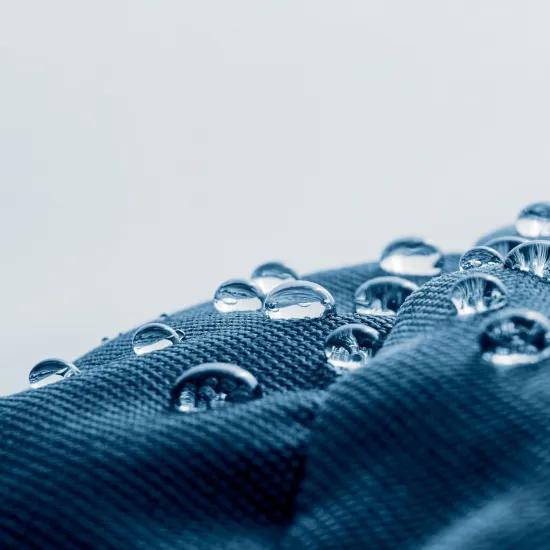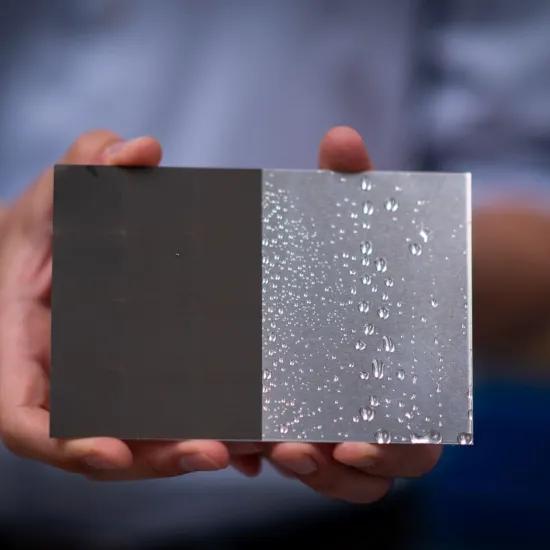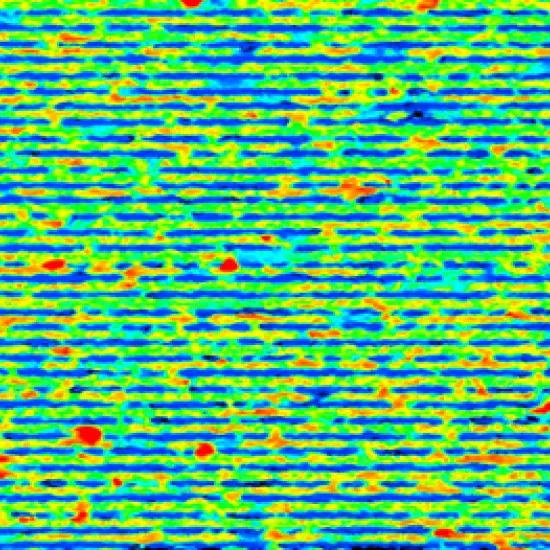In recent years, efficient alternatives for hard chrome applications have been sought. An urgent need, as the deposition process for hard chrome uses chromium trioxide, which is toxic and carcinogenic, and therefore subject to heavy regulation. It will be banned in the short term for various applications. Although there are alternatives, they do not necessarily meet the desired specifications or may require major modifications to the production facilities. An ongoing research project explores three ways for developing alternative coating technologies and materials.
One of the technologies most subject to such regulations is hard chrome plating (hexavalent chrome plating). This surface treatment makes it possible to apply multifunctional coatings at an acceptable cost to products that resist both wear and tear and corrosion and can thus be used in many applications. During the deposition process, however, hexavalent chromium, which is toxic and carcinogenic, is used, leading to a strict regulation within the REACH regulation, which will lead to a ban on the use of this process in the foreseeable future.
The transport and processing sectors, which are very active in the Belgium-France border region, are largely affected by these regulations. As today’s alternative treatments do not meet industry’s specifications or are not compatible with certain applications, large companies, start their own authorization procedure to continue the use of CrO3 in a save way for several years. By doing this, the companies are winning time to explore the best alternatives before implementing them.
The aim of the Interreg project AltCtrlTrans, in which Sirris participates, is to offer these companies new alternatives to hexavalent chrome plating, which meets their real needs and for which the old treatment lines may (partly) be recovered.
Developing alternative coating technologies and materials
AltCtrlTrans investigates three ways for developing alternative coating technologies and materials:
- development of nickel-boron coatings through an electroless process, free from heavy metals
- development of electrochemical technologies, based on baths, based on trivalent chromium with improved properties compared to existing deposits, or other promising formulations
- improvement of the deposition method by Plasma Transferred Arc (PTA)
Would you like to know more? You can find more details of this research project on Sirris (in Dutch or French) or you can download the article here.
The ALT CTRL TRANS project, with the support of Interreg France-Wallonie-Vlaanderen, proposes to develop on pilot scale the implementation of one or more alternatives for hard chrome plating (and the current trivalent chrome plating methods), based on metal coating, and to promote this for the transportation sector and metal transformation.
With the support of the European Fund for Regional Development




